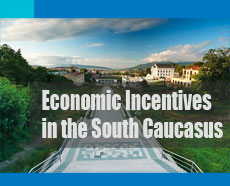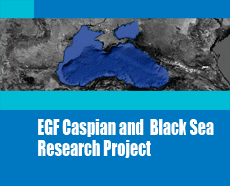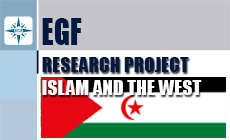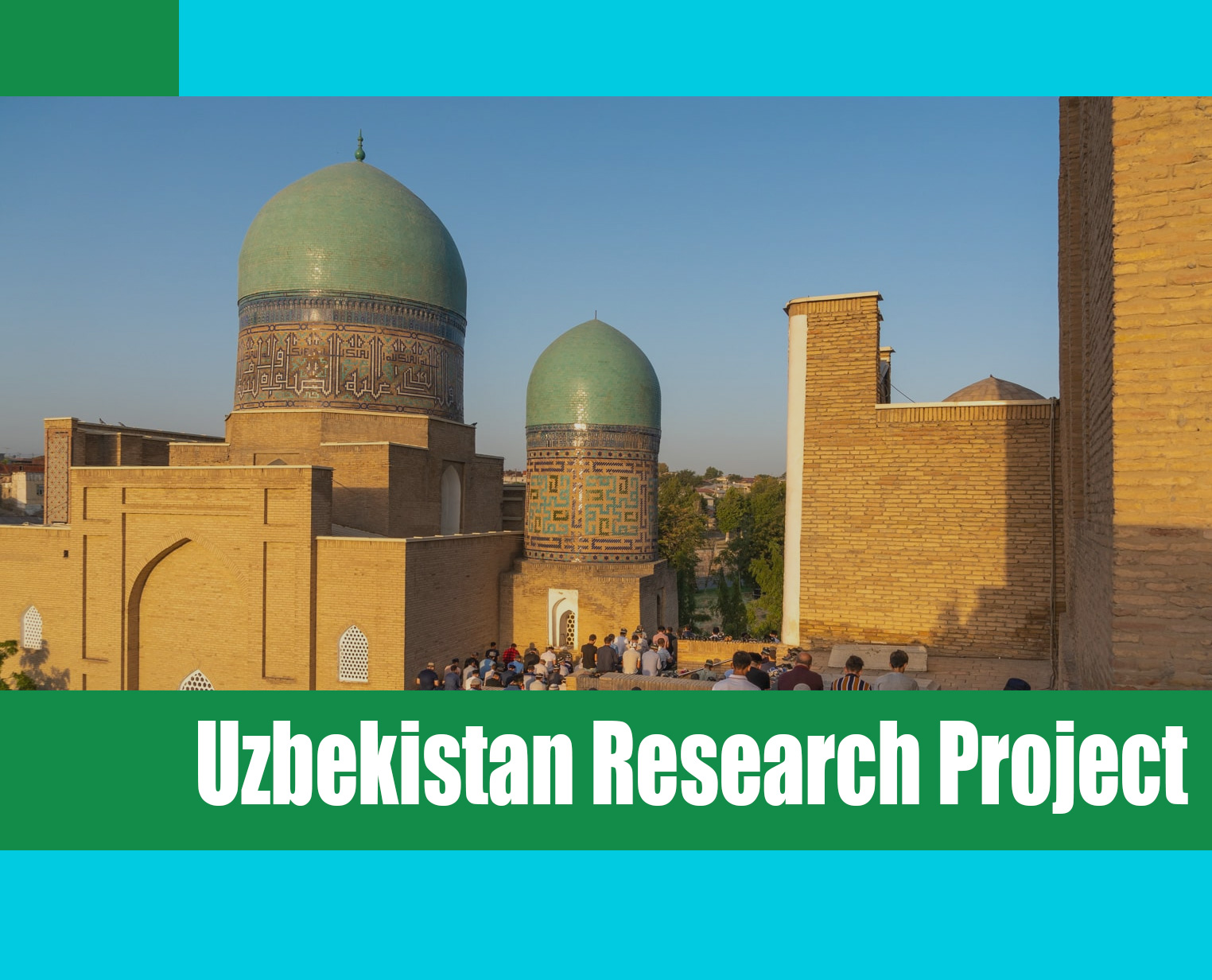
From the EGF Head of Research:
 The 2025 US NSS implies that Europe may not be spared anymore from the prospects of being left out in the cold in the middle of a fierce global struggle for power. The Greenland crisis in Trans-Atlantic relations has underscored that European solidarity is crucial for preventing global powers like the US and China from exploiting divisions to curtail European influence on the world stage. READ MORE
The 2025 US NSS implies that Europe may not be spared anymore from the prospects of being left out in the cold in the middle of a fierce global struggle for power. The Greenland crisis in Trans-Atlantic relations has underscored that European solidarity is crucial for preventing global powers like the US and China from exploiting divisions to curtail European influence on the world stage. READ MORE
News

- Kremlin official says Russian navy to stop West’s seizure of merchant shipsFebruary 18, 2026
- Iran says ‘good progress’ made in nuclear talks with US in GenevaFebruary 18, 2026
- Russia-Ukraine talks live: Geneva talks resume, Kyiv sanctions LukashenkoFebruary 18, 2026

In an exclusive interview with Bloomberg Adria, Dr Marat Terterov, Founder and Director of the Brussels Energy Club, and Co-founder of the European Geopolitical Forum, assessed the prospects of energy transition in Europe within a complex geopolitical context. In particular, he addressed the main challenges ahead such as: decarbonization of transports, the need for an urgent diversification of energy (in particular gas) supply sources and adjusting the energy markets to geopolitical imperatives (mainly due to EU sanctions against Russia). Regarding the latter, Dr. Terterov alluded to an older issue: “can states control markets?”. While market actors (including suppliers and consumers) do not aim to support the Russian war in Ukraine, they don’t want to become collateral damage either. Gas trading relations are usually very long term. It’s therefore still to be seen how the European gas markets actors would react to Brussels pressures to phase out Russian gas supply over the short term. Meanwhile, Russia has no interest in undermining the European energy transition, but it may be interested to maintain a share of the European gas market, at least by the time it was able to fully redirect its exports towards the East (China, Pakistan).
WATCH INTERVIEW
- Wednesday, 25 February 2026, 04:10
 By Vasif HUSEYNOV, PhD, Head of Department, AIR Center, Adjunct Lecturer, ADA and Khazar Universities, Baku
By Vasif HUSEYNOV, PhD, Head of Department, AIR Center, Adjunct Lecturer, ADA and Khazar Universities, Baku
U.S. Vice President J.D. Vance’s February 9–11 visit to Armenia and Azerbaijan marked a structural turning point in the South Caucasus. Unlike previous high-level engagements of the United States that generated rhetorical alignment but limited follow-through, this visit embedded the region into long-term American economic, technological, and strategic frameworks. Taking place on the heels of the latest agreement (January 14) between Washington and Yerevan on the implementation framework for the Trump Route for International Peace and Prosperity (TRIPP), the visit served to consolidate the American influence in the region and taking it to higher levels. The consequences are unfolding along two axes: domestically, within Armenia and Azerbaijan’s political economies; and geopolitically, in the region’s recalibrating balance between the United States and Russia, with Georgia seeking entry into the new configuration. READ MORE
- Wednesday, 25 February 2026, 04:08
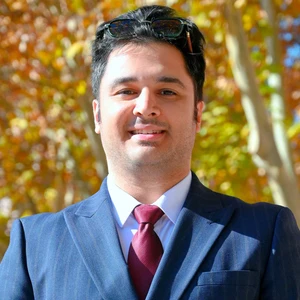 By Vusal GULIYEV, Leading Advisor at the Baku-based Center of Analysis of International Relations (AIR Center)
By Vusal GULIYEV, Leading Advisor at the Baku-based Center of Analysis of International Relations (AIR Center)
On January 29, construction formally commenced on a new high-voltage transmission system led by Azer Enerji. The project, known as the “Zangezur Energy Corridor,” will integrate Azerbaijan’s Nakhichevan Autonomous Republic into Baku’s national power grid via the Trump Route for International Peace and Prosperity (TRIPP), also known as the Zangezur Corridor. The project will also establish the technical foundations for a future Azerbaijan–Türkiye–Europe electricity corridor. This initiative is one part of Baku’s push to strengthen its role in transregional electricity connectivity, which favours corridor development over isolated infrastructure investment. The launch of the Zangezur Energy Corridor positions Azerbaijan as a regional electricity hub linking Asia and Europe. READ MORE
- Wednesday, 25 February 2026, 04:07
 By Yeghia TASHJIAN, Beirut-based regional analyst and researcher, columnist, "The Armenian Weekly”
By Yeghia TASHJIAN, Beirut-based regional analyst and researcher, columnist, "The Armenian Weekly”
China’s position on the TRIPP (Trump’s Route for International Peace and Prosperity) has been cautious and low-profile, shaped less by enthusiasm for the project itself than by Beijing’s overall policy toward the South Caucasus and the region’s geopolitical rivalries. From China’s perspective, TRIPP is not mutually exclusive with the Belt and Road Initiative (BRI). From the U.S. perspective, however, the project carries geopolitical weight, aimed at containing or counterbalancing Russian, Iranian and Chinese influence in Eurasia.
China has evaluated TRIPP primarily through the lens of risk management, given that the route traverses border regions historically vulnerable to conflict and border tensions and lies at the intersection of regional rivalries. This helps explain why Beijing has avoided any public endorsement, opting instead for rhetorical neutrality and a wait-and-see approach — signalling that economic connectivity must be inclusive, territorial integrity respected, trade depoliticized and cooperation insulated from zero-sum geopolitical competition.
READ MORE
- Wednesday, 18 February 2026, 05:04
 By Aytaс MAHAMMADOVA, Energy Security Expert affiliated with the Caspian-Alpine Society
By Aytaс MAHAMMADOVA, Energy Security Expert affiliated with the Caspian-Alpine Society
The South Caucasus has long occupied an ambiguous place in American foreign policy, neither central to U.S. national security nor irrelevant to it. The region has historically mattered insofar as it intersected with larger geopolitical contests: between Russia and the West, between energy producers and consumers, and between stability and fragmentation along Eurasia's inner frontier. The 2025 U.S. National Security Strategy codifies a shift that will sharpen this logic, moving the United States decisively away from expansive regional engagement toward selective, interest-driven involvement. While the document does not explicitly address the South Caucasus in its regional sections, its underlying principles, such as restraint, burden-sharing, transactional-ism, and rejection of transformational agendas, will fundamentally reshape Washington's engagement with the South Caucasus states. This recalibration reflects broader strategic realities: finite American resources, diminished appetite for open-ended commitments, and recognition that regional outcomes will ultimately be determined by local power dynamics rather than external patronage. READ MORE
- Tuesday, 13 January 2026, 06:58
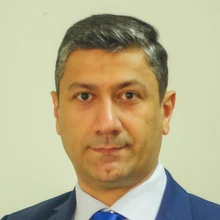 By Tabib HUSEYNOV, independent policy analyst and researcher
By Tabib HUSEYNOV, independent policy analyst and researcher
Diplomatic initiatives to end the war in Ukraine are fundamentally misguided, because they seek a political solution that remains unattainable under current circumstances. International efforts should instead focus on securing a stable ceasefire that locks in the existing contact line without conditioning its achievement on impractical and damaging political concessions on Ukraine’s sovereignty or the fate of its occupied territories. The durability of such a ceasefire should rest primarily on Ukraine’s own strength, not on international peacekeepers or Russia’s goodwill.
Ukraine and Russia are locked in a grinding stalemate. Neither can achieve a decisive military victory any time soon, and neither can accept the political terms the other demands. Russian forces make incremental advances, but at the expense of staggering losses. Latest data on Russian casualties from the Ukrainian General Staff and the Ukrainian open-source mapping project Deep State suggest that between January and December 2025, Russia lost roughly 96 troops per square kilometre taken. With roughly 5,000 square km of Donetsk Oblast still under Ukrainian control, Russia would need to sacrifice close to half a million servicemen to occupy the remainder.
READ MORE
- Tuesday, 13 January 2026, 06:54
 By Benyamin POGHOSYAN, PhD, Senior Research Fellow at the APRI Armenia
By Benyamin POGHOSYAN, PhD, Senior Research Fellow at the APRI Armenia
Armenia’s pivotal 2026 looms: a year that will test fragile peace efforts with Azerbaijan and Turkey, redefine Yerevan’s ties with the EU and Russia, and unfold amid deepening political and societal polarization.
The year 2026 could be crucial for Armenia, significantly influencing both the foreign and domestic policy trajectory of the country. Externally, the main developments to monitor are the Armenia–Azerbaijan and Armenia–Turkey normalization processes. Will the August 2025 Washington Declaration bring the restoration of all regional communications – including the opening of the Armenia-Turkey border and the signature of an Armenia-Azerbaijan peace agreement – or will it meet the fate of previous, unsuccessful attempts to establish lasting peace and security in the South Caucasus? READ MORE
- Monday, 22 December 2025, 08:31
 By Shanthie Mariet D’SOUZA, PhD, founder & president, Mantraya Institute for Strategic Studies (MISS)
By Shanthie Mariet D’SOUZA, PhD, founder & president, Mantraya Institute for Strategic Studies (MISS)
Record trade and closer ties with Taipei mark New Delhi’s shift from caution to assertiveness.
In 2024, for the first time ever, bilateral trade between India and Taiwan exceeded US$10 billion. And in the past six months alone, governments and businesses in the two countries have agreed on multipledeals that bring their semiconductor, tech, artificial intelligence, and industrial sectors even closer together, along with supply chains. These new trade partnerships support Taiwan’s “New Southbound Policy” and India’s “Act East” and “Make in India” policies, with Taiwan alone investing US$4.5 billion in India since February 2024. While the surge in Taiwanese investment in Indian companies is grounded in the economic dimension of the relationship, there is another dynamic taking place. Like most countries, New Delhi does not officially recognise Taipei. Yet its compliance with the “One China principle” – the condition set by Beijing that nations must diplomatically acknowledge there is only one Chinese government and must not establish official contacts with Taiwan – has become more nuanced. READ MORE
- Monday, 22 December 2025, 08:30
- The Daily BriefFebruary 11, 2026
- Stratfor 2018 Second-Quarter ForecastMarch 11, 2018
- Stratfor 2018 Annual ForecastDecember 26, 2017





